Home>Garden Essentials>When To Seed Bermuda Grass In Arizona
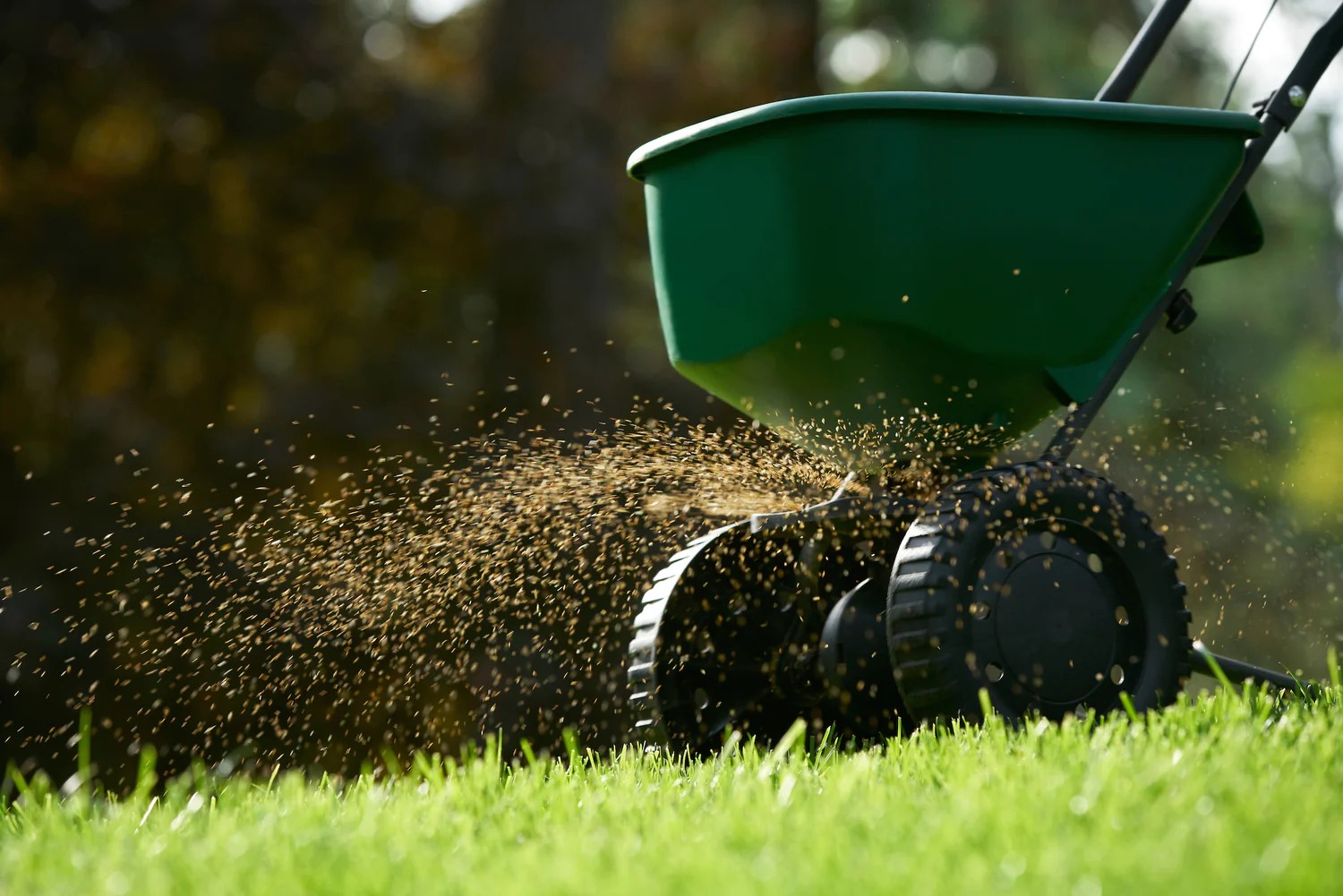

Garden Essentials
When To Seed Bermuda Grass In Arizona
Modified: March 29, 2024
Looking to start a garden with Bermuda grass in Arizona? Find out when is the best time to seed your garden and get a lush and vibrant lawn.
(Many of the links in this article redirect to a specific reviewed product. Your purchase of these products through affiliate links helps to generate commission for Storables.com, at no extra cost. Learn more)
Introduction
Welcome to the world of gardening in Arizona, where the warm climate allows for a wide variety of plants to thrive. One popular grass variety that many Arizona homeowners choose to cultivate is Bermuda grass. Known for its durability and vibrant green color, Bermuda grass is well-suited to the arid conditions of the state.
However, successfully growing Bermuda grass requires careful planning and preparation. Seeding Bermuda grass at the right time and under the proper conditions is essential for a healthy and lush lawn. In this article, we will guide you through the process of determining when to seed Bermuda grass in Arizona and share valuable tips to ensure your seeding efforts are successful.
Whether you are starting from scratch or reseeding your existing lawn, the information provided here will help you create a beautiful Bermuda grass lawn that will withstand the hot Arizona summers and provide a soft and inviting carpet for your outdoor activities.
Key Takeaways:
- Timing is crucial for seeding Bermuda grass in Arizona. Spring and late summer/early fall are the best times to ensure strong root growth before extreme heat or cooler winter months.
- Proper soil preparation, watering, and maintenance are essential for a healthy Bermuda grass lawn in Arizona. Choose the right seed variety and follow recommended seeding methods for successful growth.
Read more: When To Plant Grass In Arizona
Understanding Bermuda Grass
Before diving into the specifics of when to seed Bermuda grass in Arizona, let’s first understand a bit about this popular grass variety. Bermuda grass, scientifically known as Cynodon dactylon, is a warm-season grass that thrives in hot climates, making it an ideal choice for Arizona lawns.
What sets Bermuda grass apart from other grass varieties is its remarkable durability and ability to withstand heavy foot traffic. It has a high tolerance for heat, drought, and sun exposure, making it an excellent choice for areas with long, hot summers.
Bermuda grass has a fine texture and boasts a vibrant green color, giving your lawn a lush and manicured appearance. It has a rapid growth rate, allowing it to quickly fill in bare patches and recover from wear and tear.
One thing to keep in mind about Bermuda grass is its aggressive spreading nature. It can quickly invade flower beds and other areas of your garden if not properly contained. Regular maintenance, including mowing and edging, is necessary to keep Bermuda grass from encroaching on unwanted areas.
Ideal Conditions for Seeding Bermuda Grass in Arizona
Seeding Bermuda grass in Arizona requires specific conditions to ensure successful germination and establishment. Here are some factors to consider:
- Temperature: Bermuda grass thrives in warm temperatures between 75°F and 90°F. It is crucial to wait until the soil temperature consistently reaches at least 65°F before seeding. In Arizona, this typically occurs in early spring or late summer.
- Sunlight: Bermuda grass requires full sun exposure to thrive. Ensure that the chosen seeding area receives at least 6-8 hours of direct sunlight per day.
- Soil pH: Bermuda grass prefers a slightly acidic soil pH between 6 and 7. Conducting a soil test prior to seeding can help determine if any amendments are necessary.
- Soil Drainage: Good soil drainage is essential for Bermuda grass. It should not be planted in areas that are prone to standing water or have poor drainage. Amending the soil with organic matter can help improve soil structure and drainage.
- Weed Control: It is crucial to address any existing weeds or grasses in the area before seeding. Proper weed control is essential to give Bermuda grass the best chance to establish itself without competition.
By ensuring that these ideal conditions are met, you will provide the best environment for your Bermuda grass seeds to germinate and grow into a healthy and vibrant lawn.
Best Time of Year to Seed Bermuda Grass in Arizona
The timing of seeding Bermuda grass in Arizona plays a vital role in its successful establishment. The ideal time to seed Bermuda grass is during the warm, dry seasons when the soil temperature is consistently above 65°F. In Arizona, there are two primary windows of opportunity for Bermuda grass seeding:
- Spring Seeding: Spring is an excellent time to seed Bermuda grass in Arizona. As temperatures start to rise and the risk of frost diminishes, typically from late March to mid-April, the soil begins to warm up enough to support seed germination. This gives the Bermuda grass a chance to establish a strong root system before the extreme summer heat sets in.
- Late Summer/Early Fall Seeding: Another suitable time to seed Bermuda grass is in late summer or early fall, typically from late August to early September. During this period, the monsoon season is winding down, and the soil temperatures are still warm. Seeding at this time allows the Bermuda grass to establish healthy roots before the cooler winter months arrive.
While both spring and late summer/fall offer favorable conditions for Bermuda grass seeding, it’s essential to consider local variations in weather patterns and microclimates. Areas with higher elevation or cooler temperatures may require slight adjustments in seeding time.
Before seeding Bermuda grass, monitor the soil temperature consistently using a soil thermometer to ensure it reaches the optimal temperature range. Additionally, keep an eye on weather forecasts and choose a seeding time when there is minimal chance of heavy rainfall or extreme heat for the first few weeks after seeding.
By selecting the best time of year for seeding Bermuda grass in Arizona, you give your lawn the greatest opportunity to establish healthy roots and thrive in the challenging desert environment.
Preparing the Soil for Bermuda Grass Seeding
Proper soil preparation is crucial for the successful establishment of Bermuda grass in Arizona. Here are the steps to ensure your soil is ready for seeding:
- Clear the Area: Remove any weeds, rocks, or debris from the area where you plan to seed Bermuda grass. This will provide a clean and clear space for the grass to grow.
- Test the Soil: Conduct a soil test to determine its pH level and nutrient composition. This can be done using a DIY soil test kit or by sending a soil sample to a local agricultural extension office. The test results will guide you in making any necessary amendments to improve the soil quality.
- Aerate the Soil: If the soil is compacted, aerating it will improve its structure and allow for better water and nutrient penetration. Use a lawn aerator or a garden fork to create small holes throughout the area, ensuring a depth of 2-3 inches.
- Add Amendments: Based on the soil test results, add any recommended amendments to adjust the soil pH or nutrient deficiencies. Incorporate organic matter, such as compost or well-rotted manure, into the soil to improve its fertility and drainage.
- Level and Grade the Soil: Use a rake or a garden roller to ensure that the soil surface is level and smooth. Fill in any low spots and remove excessive high spots to achieve an even grade.
- Compact the Soil: Lightly compact the soil using a lawn roller or by walking over it to create good seed-to-soil contact. This helps the seeds to germinate and establish effectively.
By following these soil preparation steps, you create an optimal environment for Bermuda grass seed germination and root development. The well-prepared soil will provide the necessary nutrients and drainage for your Bermuda grass to thrive in the Arizona climate.
Bermuda grass should be seeded in Arizona during the late spring or early summer when the soil temperature is consistently above 65°F. This will give the seeds the best chance of germinating and establishing a healthy lawn.
Read more: When To Plant Winter Grass In Arizona
Choosing the Right Bermuda Grass Seed
When it comes to choosing the right Bermuda grass seed for your Arizona lawn, it is essential to consider factors such as the desired grass variety, seed quality, and the specific conditions of your lawn. Here are some key considerations to keep in mind:
- Grass Variety: There are several varieties of Bermuda grass available, each with its unique characteristics. Common Bermuda grass varieties for Arizona lawns include Tifway 419, TifTuf, and Celebration. Research the different varieties and select one that is well-suited to your specific needs in terms of drought tolerance, traffic resistance, and appearance.
- Seed Quality: High-quality Bermuda grass seed ensures better germination rates and overall lawn establishment. Look for certified seed that has been tested for purity and germination rates. Buying from reputable seed suppliers or local garden centers will help ensure a reliable and top-quality product.
- Blend or Pure Seed: Some Bermuda grass seeds are sold as blends, which are mixtures of different Bermuda grass varieties. Blends can offer improved genetic diversity, providing a lawn that is more resistant to pests and diseases. Alternatively, you can choose a pure seed variety if you prefer consistency in appearance and characteristics.
- Amount of Seed: Determine the amount of Bermuda grass seed needed based on your lawn size and the recommended seeding rate provided by the seed supplier. Using the correct amount of seed will help achieve a dense and even lawn coverage.
- Seed Coating: Some Bermuda grass seeds come with a protective coating that enhances germination and establishment. This coating may include a mix of fertilizers, fungicides, or mulch materials. Consider seed coating options based on your specific lawn needs and budget.
Consult with local gardening experts or professionals to get recommendations on Bermuda grass varieties that are well-suited to your area and specific lawn conditions. They can provide valuable insights into the best seed options for your Arizona lawn. Remember that choosing the right Bermuda grass seed is a crucial step in achieving a healthy and vibrant lawn that can withstand the challenges of the Arizona climate.
Seeding Methods for Bermuda Grass in Arizona
When it comes to seeding Bermuda grass in Arizona, there are a few different methods you can choose from. The method you select will depend on factors such as the size of your lawn, access to equipment, and personal preference. Here are some commonly used seeding methods for Bermuda grass:
- Hand Seeding: Hand seeding is a simple and cost-effective method suitable for small areas or spot seeding. To hand seed Bermuda grass, evenly distribute the seeds by hand, making sure to cover the entire area. Afterward, lightly rake the seeds into the soil to ensure good seed-to-soil contact.
- Overseeding: Overseeding involves spreading Bermuda grass seeds over an existing lawn to thicken the turf or introduce new varieties. This method is ideal for rejuvenating a thin or damaged lawn. Use a broadcast spreader or a hand-held spreader to distribute the seeds evenly across the entire lawn. Afterward, lightly rake the seeds into the existing grass to facilitate germination.
- Hydroseeding: Hydroseeding is a method that combines Bermuda grass seeds with a slurry of water, fertilizer, and mulch before spraying it onto the soil. This technique provides excellent seed-to-soil contact and helps retain moisture, enhancing germination rates. Hydroseeding is commonly used for larger areas or steep slopes and is often performed by professional lawn care companies.
- Using a Seed Spreader: A seed spreader is a helpful tool for evenly distributing Bermuda grass seeds over larger areas. There are various types of seed spreaders available, such as drop spreaders and rotary spreaders. Follow the manufacturer’s instructions to adjust the spreader settings and walk in a systematic pattern to ensure uniform coverage.
- Slit Seeding: Slit seeding is a method that uses a specialized machine to cut shallow grooves into the soil and simultaneously seed Bermuda grass. This method offers excellent seed-to-soil contact and is beneficial for areas with poor soil contact. Slit seeding is commonly used for larger lawn areas and is often performed by professional turf care companies.
Regardless of the seeding method you choose, always follow the recommended seeding rates provided by the seed supplier. It’s essential to ensure proper seed-to-soil contact and provide adequate watering to facilitate germination. By selecting the appropriate seeding method and implementing it effectively, you can establish a lush and healthy Bermuda grass lawn in Arizona.
Proper Watering Techniques for Newly Seeded Bermuda Grass
Watering is a critical step in establishing newly seeded Bermuda grass in Arizona. Proper watering techniques will help facilitate germination, encourage root development, and promote healthy growth. Here are some guidelines to follow for watering newly seeded Bermuda grass:
- Initial Watering: Immediately after seeding, lightly water the area to ensure the soil is evenly moist. Use a gentle sprinkler or misting nozzle to avoid washing away the seeds. Aim to keep the soil consistently moist, but not overly saturated, during the germination period.
- Frequent Watering: For the first few weeks, water the newly seeded Bermuda grass frequently to maintain soil moisture. Depending on the temperature, you may need to water 2-3 times per day to prevent the soil from drying out. Watering in shorter, more frequent intervals will help prevent runoff and ensure the seeds remain hydrated.
- Depth of Watering: It’s important to water deeply, encouraging the roots to grow deeper into the soil. Aim for about 1 inch of water per week, including rainfall. This will promote healthy root development and help the Bermuda grass withstand the hot and dry conditions of Arizona.
- Time of Watering: Watering during the early morning hours is ideal as it allows the grass blades to dry before evening, reducing the risk of disease development. Avoid watering in the late afternoon or evening, as prolonged moisture on the grass can lead to fungal issues.
- Monitor Moisture Levels: Regularly check the soil moisture levels by digging a small hole in the seeded area. The soil should be consistently moist but not waterlogged. Adjust the watering frequency and duration based on the moisture levels observed.
- Gradually Reduce Watering: As the Bermuda grass establishes and grows, gradually reduce the frequency of watering and increase the duration to encourage deep root development. Transition to a regular irrigation schedule based on the specific water needs of Bermuda grass in your area.
Remember that proper watering is crucial during the early stages of Bermuda grass establishment. By following these watering techniques, you provide the necessary moisture for germination and ensure the development of a strong and healthy root system. The result will be a vibrant and resilient Bermuda grass lawn in the dry Arizona climate.
Maintenance Tips for Seeded Bermuda Grass in Arizona
Maintaining seeded Bermuda grass in Arizona requires ongoing care and attention to ensure its health and vitality. Here are some essential maintenance tips to keep in mind:
- Mowing: Once the Bermuda grass reaches a height of about 2 to 3 inches, it’s time to start mowing. Set your mower to a height of about 1 to 2 inches for optimal Bermuda grass growth. Regular mowing will help maintain a dense and uniform lawn while controlling the growth of weeds.
- Fertilization: Bermuda grass has high nutrient requirements to thrive in the Arizona climate. Apply a balanced fertilizer specifically formulated for Bermuda grass according to the manufacturer’s instructions. A fertilization schedule of spring, early summer, and early fall should be sufficient to provide the necessary nutrients for healthy growth.
- Weed Control: Regularly inspect your Bermuda grass lawn for the presence of weeds. Promptly remove any weeds by hand or use an appropriate herbicide for Bermuda grass. Read and follow the label instructions carefully to ensure safe and effective weed control without harming your newly seeded grass.
- Irrigation: Proper irrigation is crucial for the health of Bermuda grass in Arizona. Deep and infrequent watering, typically 1 inch of water per week, is recommended to encourage deep root growth. Adjust the irrigation schedule based on weather conditions, taking into consideration rainfall and the specific needs of your Bermuda grass.
- Aeration: Regularly aerate the Bermuda grass lawn to improve soil compaction and promote better root growth. Aerate at least once a year, ideally during the spring or early summer months, when the grass is actively growing. This will improve the efficiency of water and nutrient absorption, ensuring a healthier lawn.
- Overseeding: Over time, your Bermuda grass lawn may develop thin or bare spots. Consider overseeding these areas in the fall to maintain a lush and uniform lawn. Choose a Bermuda grass variety that matches your existing lawn or opt for a blend for added resilience.
Regular maintenance is essential for the long-term success of your seeded Bermuda grass lawn in Arizona. By following these maintenance tips, you will promote a vibrant and healthy lawn that can withstand the challenges of the arid climate and provide an inviting outdoor space for years to come.
Read more: When To Plant Summer Grass In Arizona
Conclusion
Growing Bermuda grass in Arizona requires careful planning, proper timing, and consistent maintenance. With its resilience to drought and heat, Bermuda grass is an excellent choice for homeowners looking to create a lush and vibrant lawn in the arid conditions of the state.
In this article, we have covered essential aspects of seeding Bermuda grass and provided valuable tips to ensure successful establishment. From understanding the ideal conditions for seeding to choosing the right seed variety, preparing the soil, and implementing proper watering techniques, each step is crucial in creating a healthy Bermuda grass lawn.
By selecting the best time to seed Bermuda grass in Arizona, whether in spring or late summer/early fall, you give your grass the opportunity to establish strong roots before the extreme heat or cooler winter months arrive. Preparing the soil through clearing, testing, and amending ensures an optimal growth environment.
Choosing the right Bermuda grass seed variety, whether pure or blended, and using the appropriate seeding method, such as hand seeding or hydroseeding, sets the foundation for successful growth. Proper and consistent watering techniques, including frequent and deep watering during the germination period, fosters healthy root development.
Maintenance is key to a thriving Bermuda grass lawn. Regular mowing, fertilization, weed control, proper irrigation, aeration, and occasional overseeding will help maintain the health and vitality of your Bermuda grass lawn in Arizona.
In conclusion, by understanding the specific needs of Bermuda grass in Arizona and implementing the recommended practices outlined in this article, you can create a beautiful and resilient lawn that will enhance the outdoor experience and provide lasting enjoyment for years to come.
Frequently Asked Questions about When To Seed Bermuda Grass In Arizona
Was this page helpful?
At Storables.com, we guarantee accurate and reliable information. Our content, validated by Expert Board Contributors, is crafted following stringent Editorial Policies. We're committed to providing you with well-researched, expert-backed insights for all your informational needs.
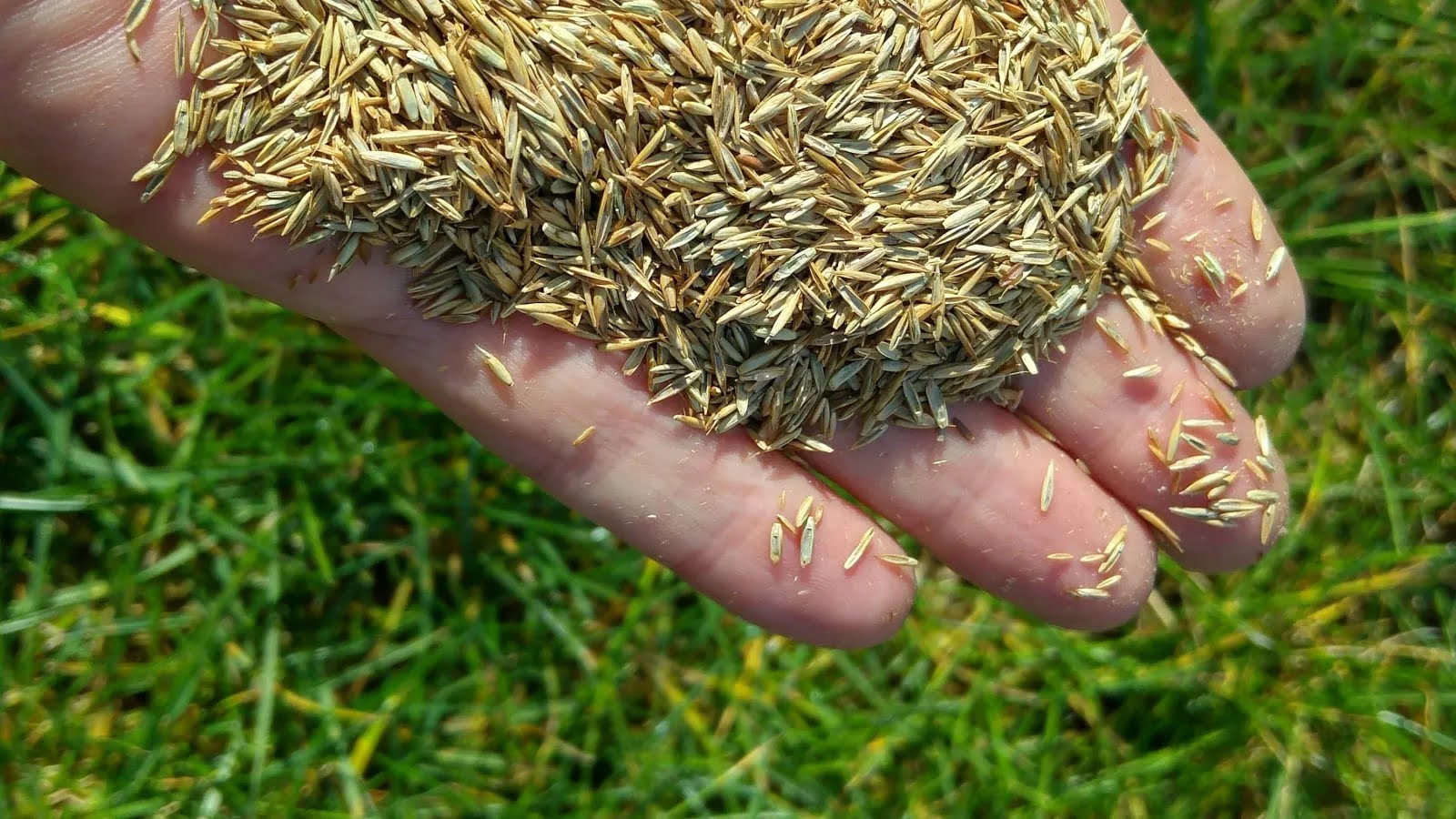
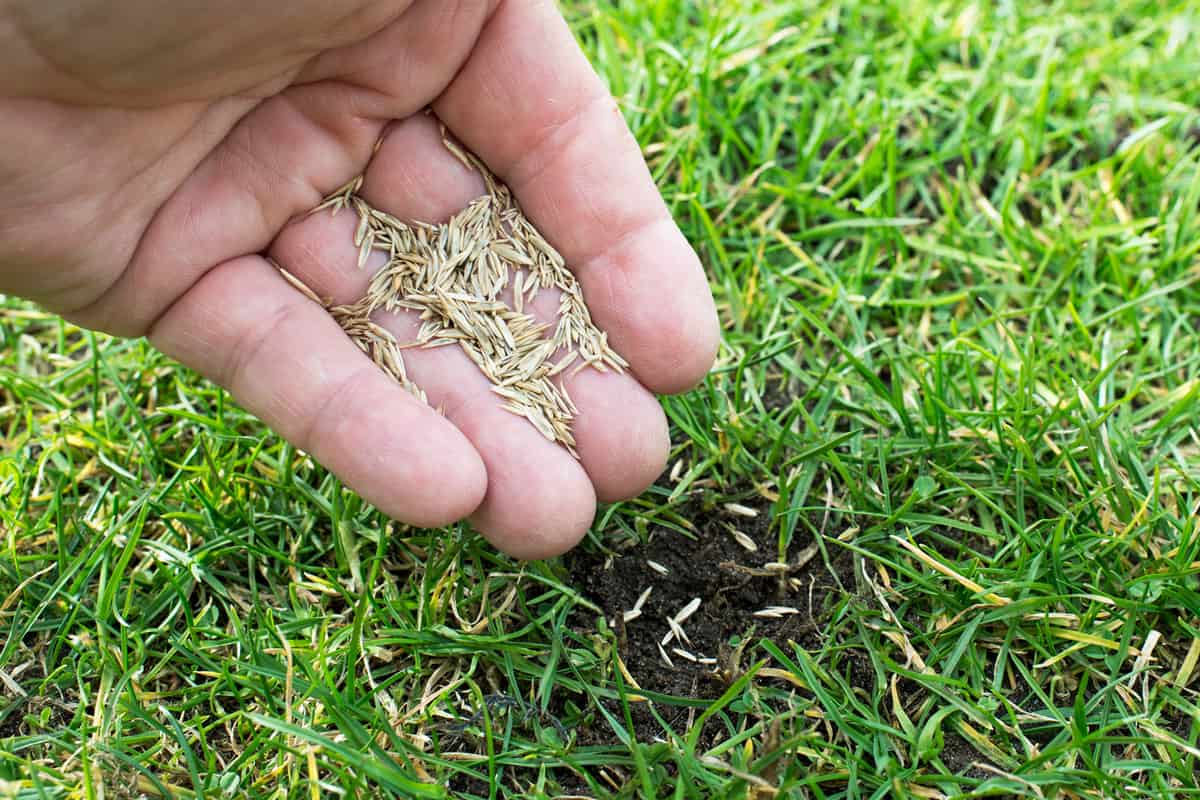
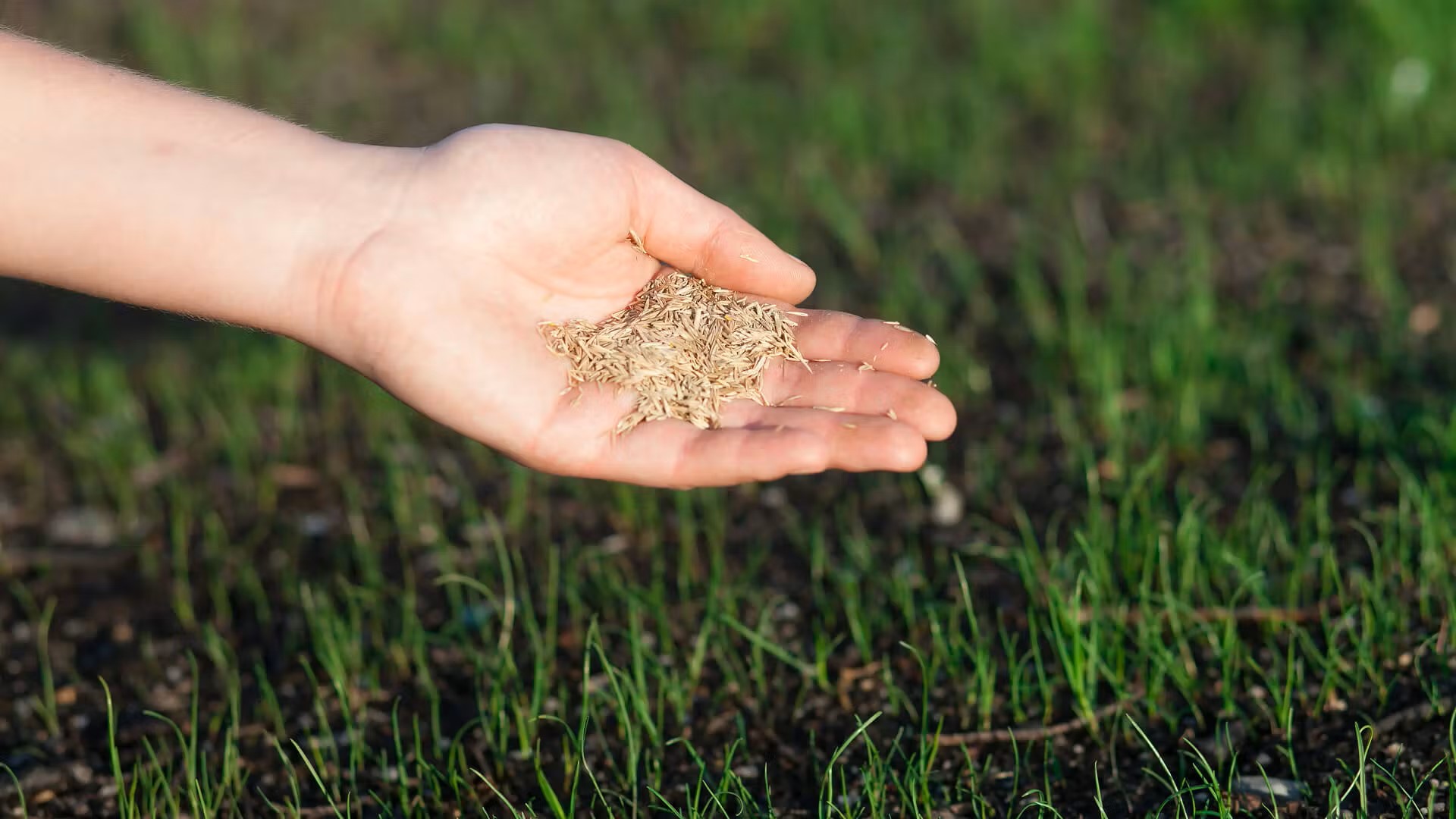
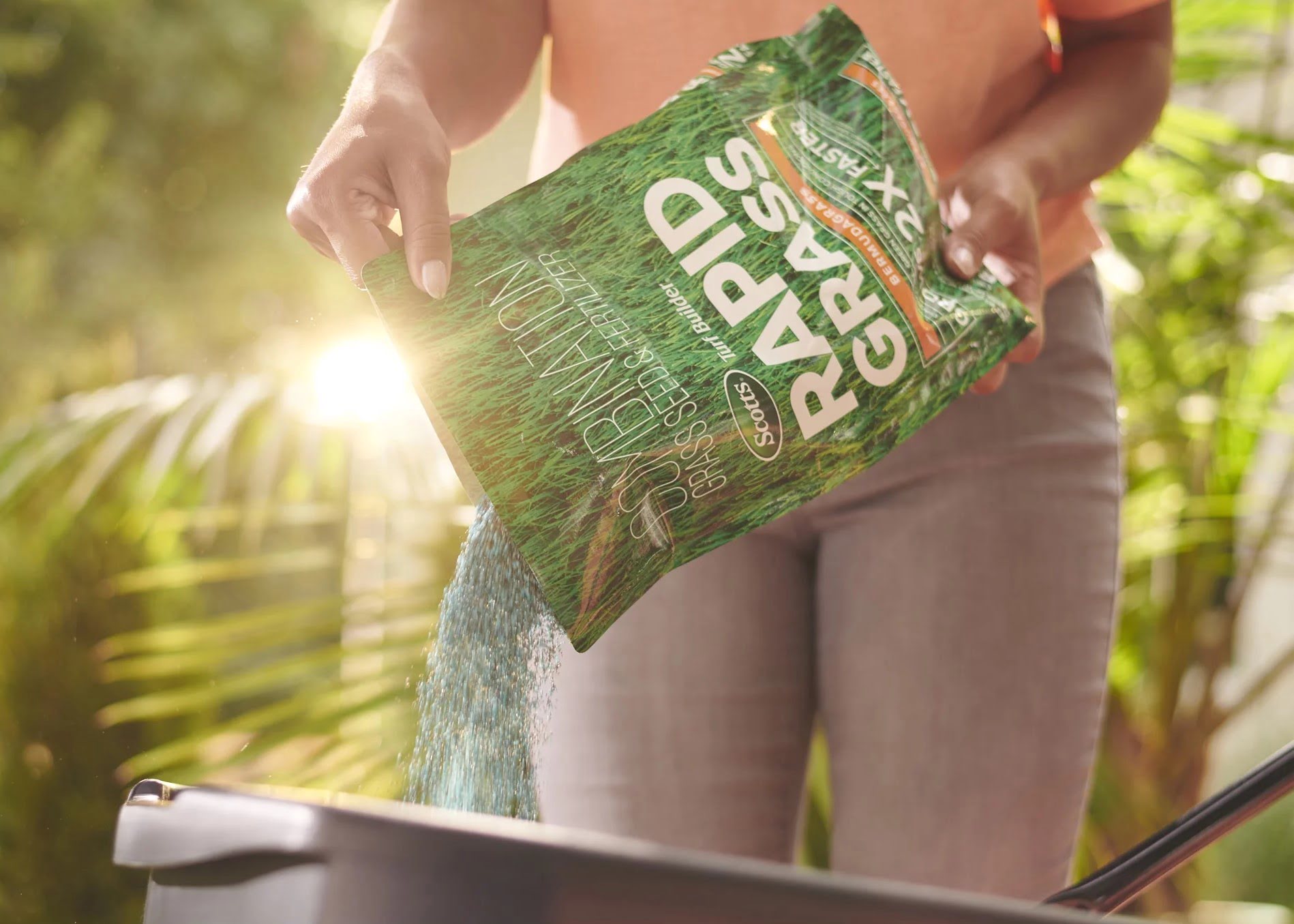
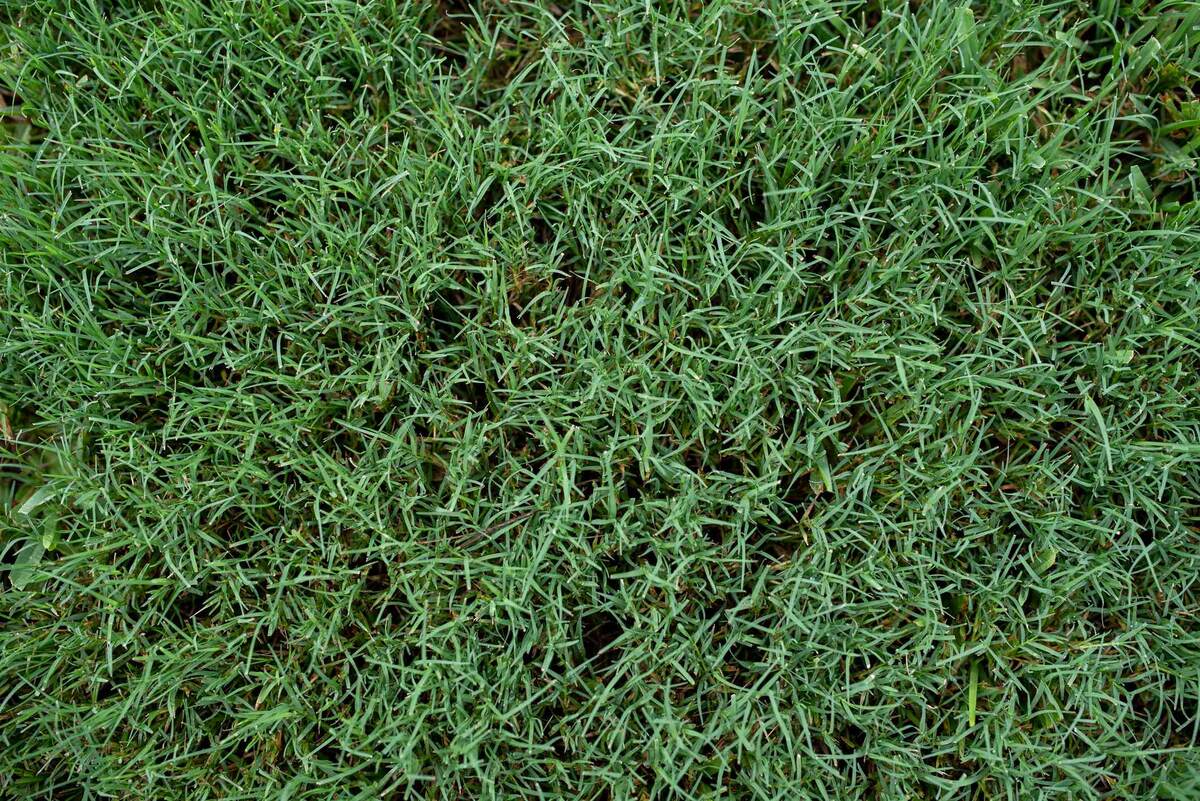
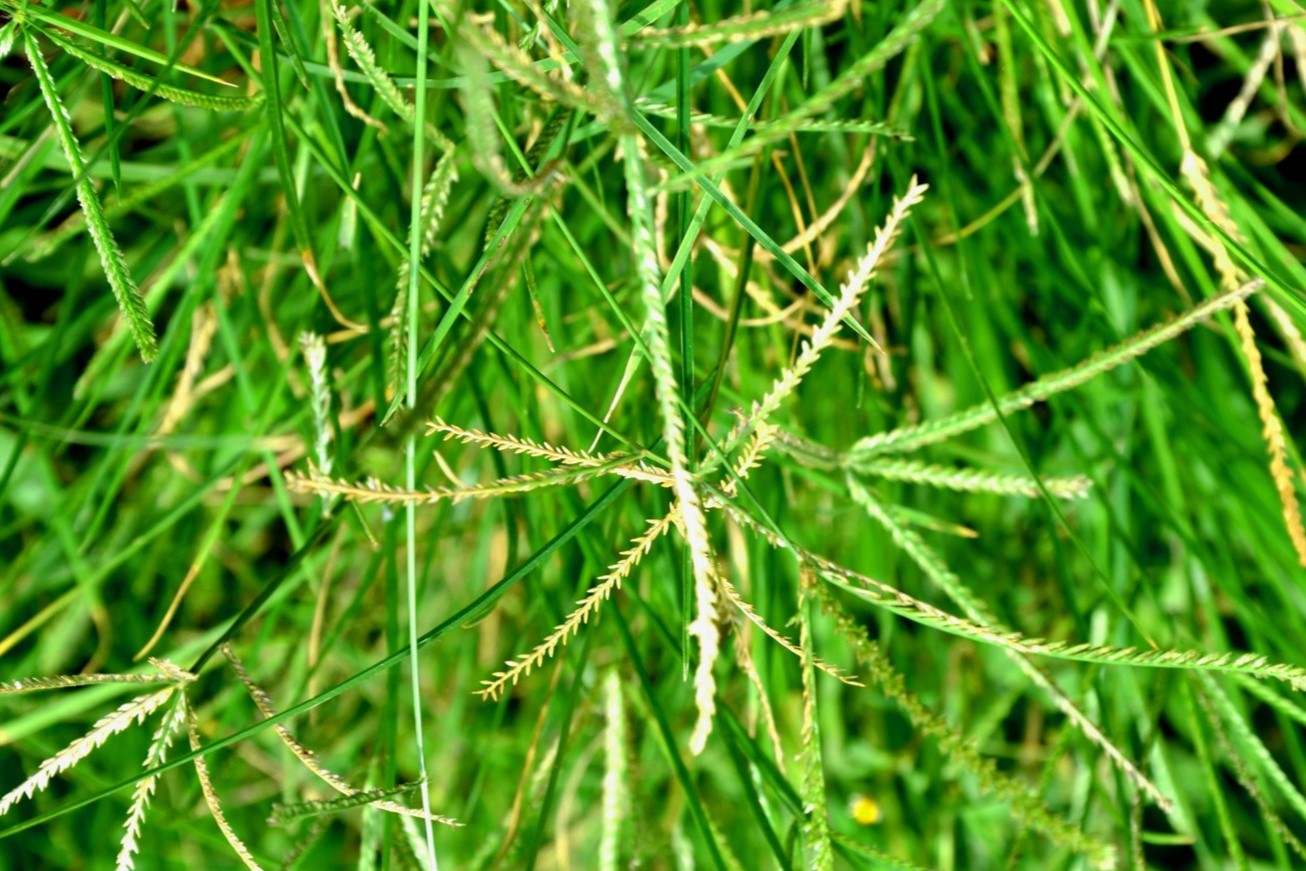


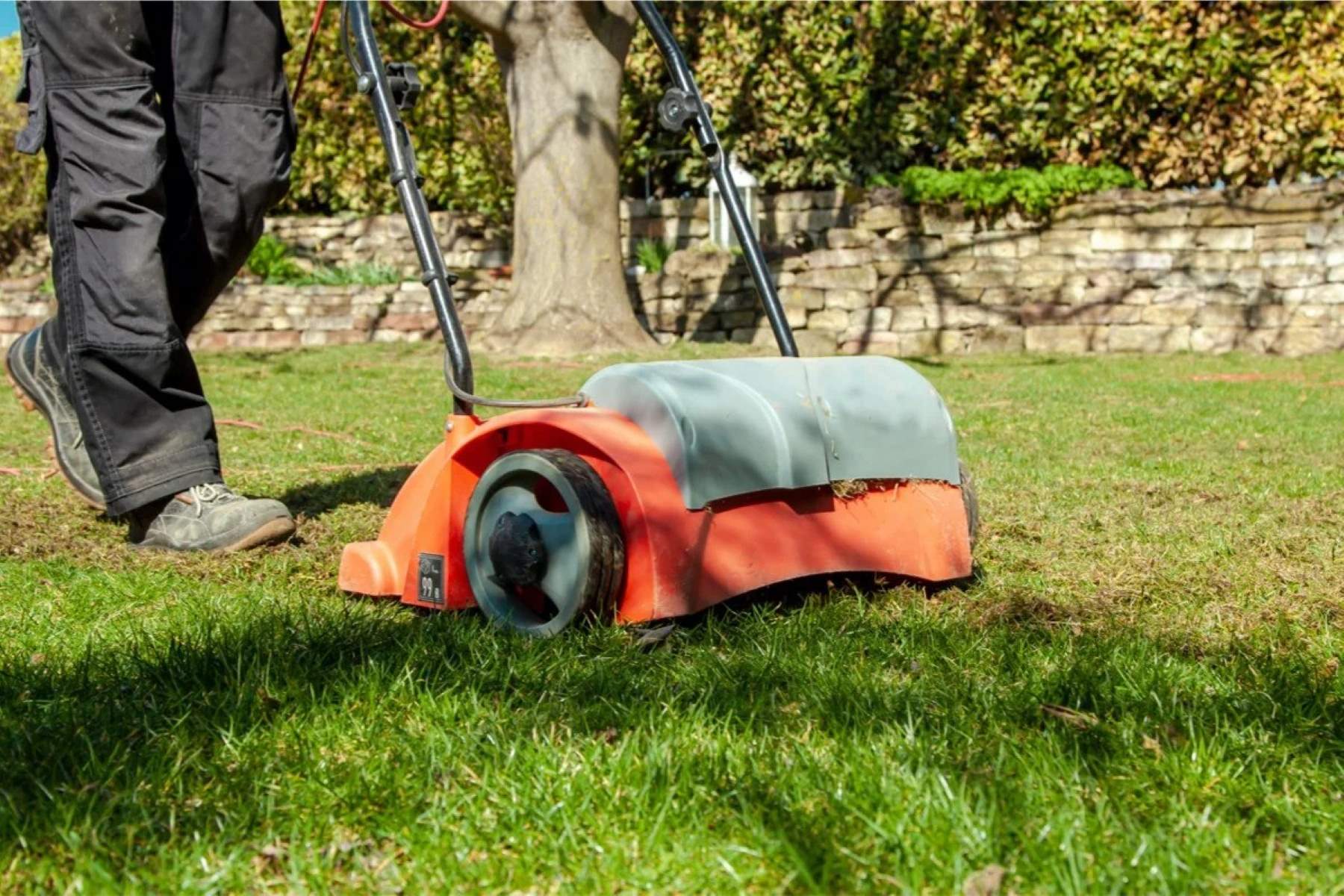
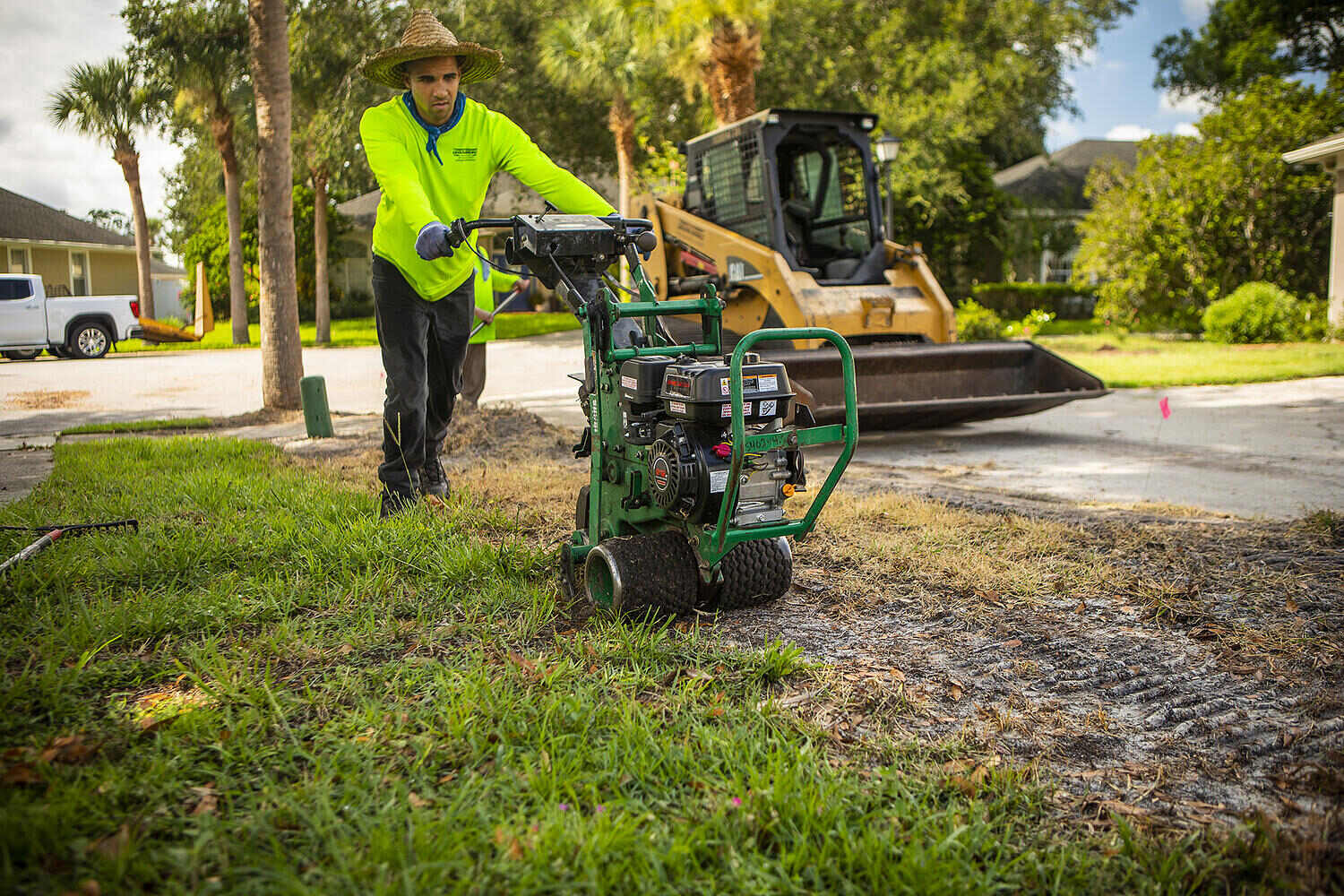
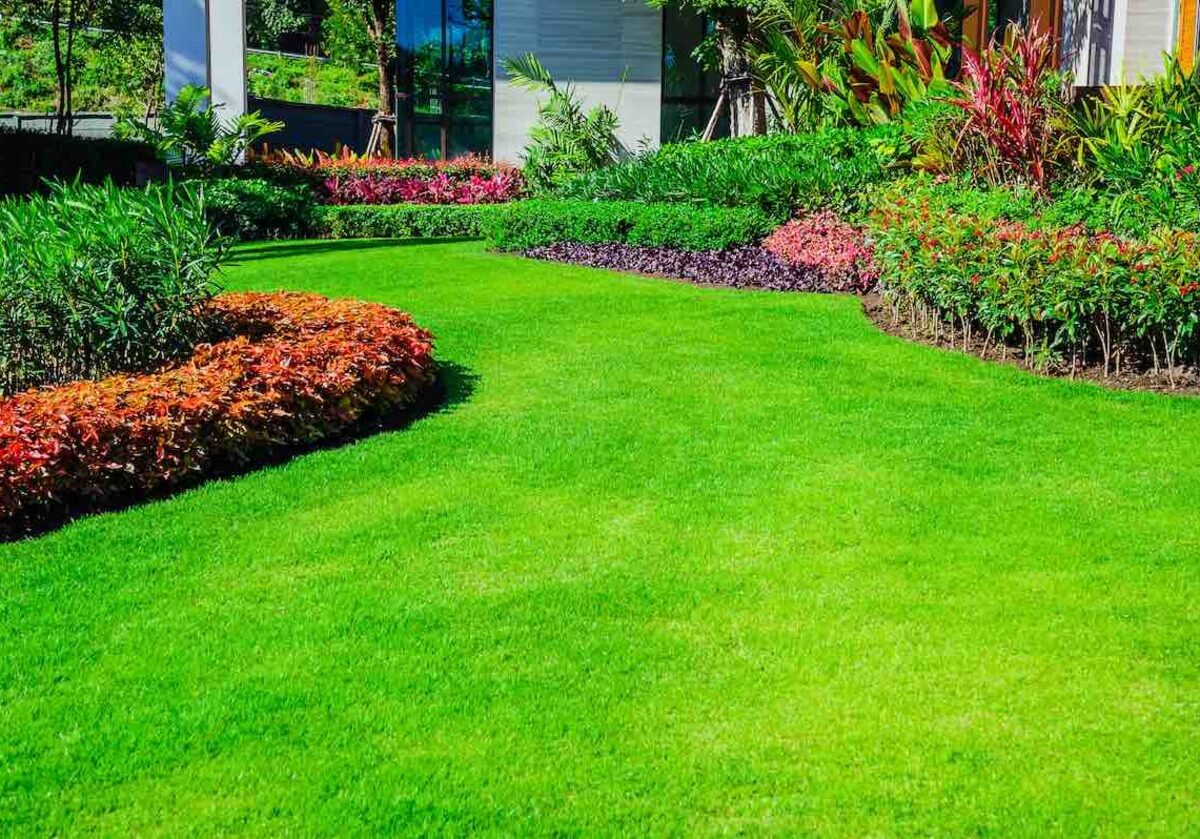
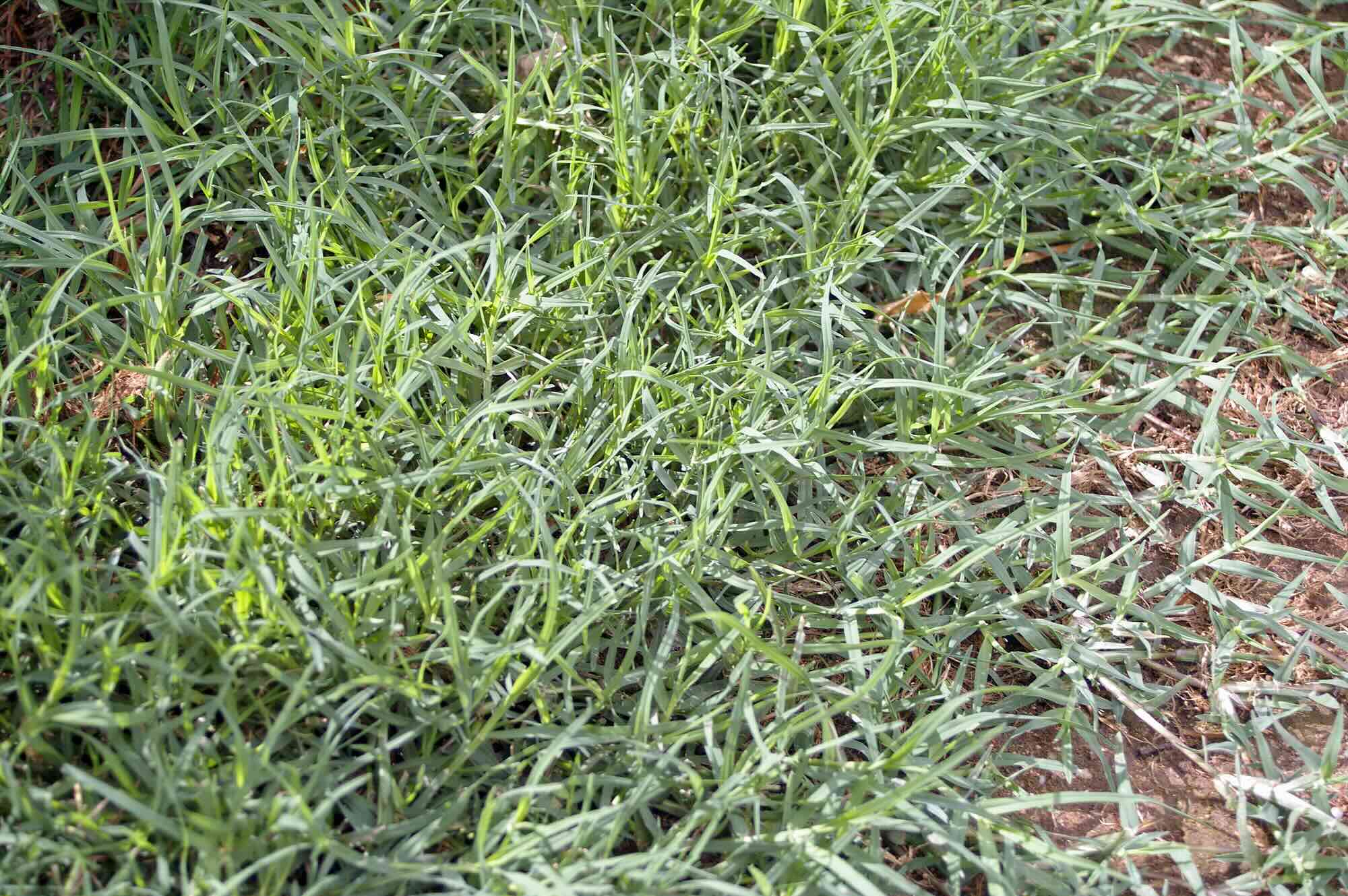
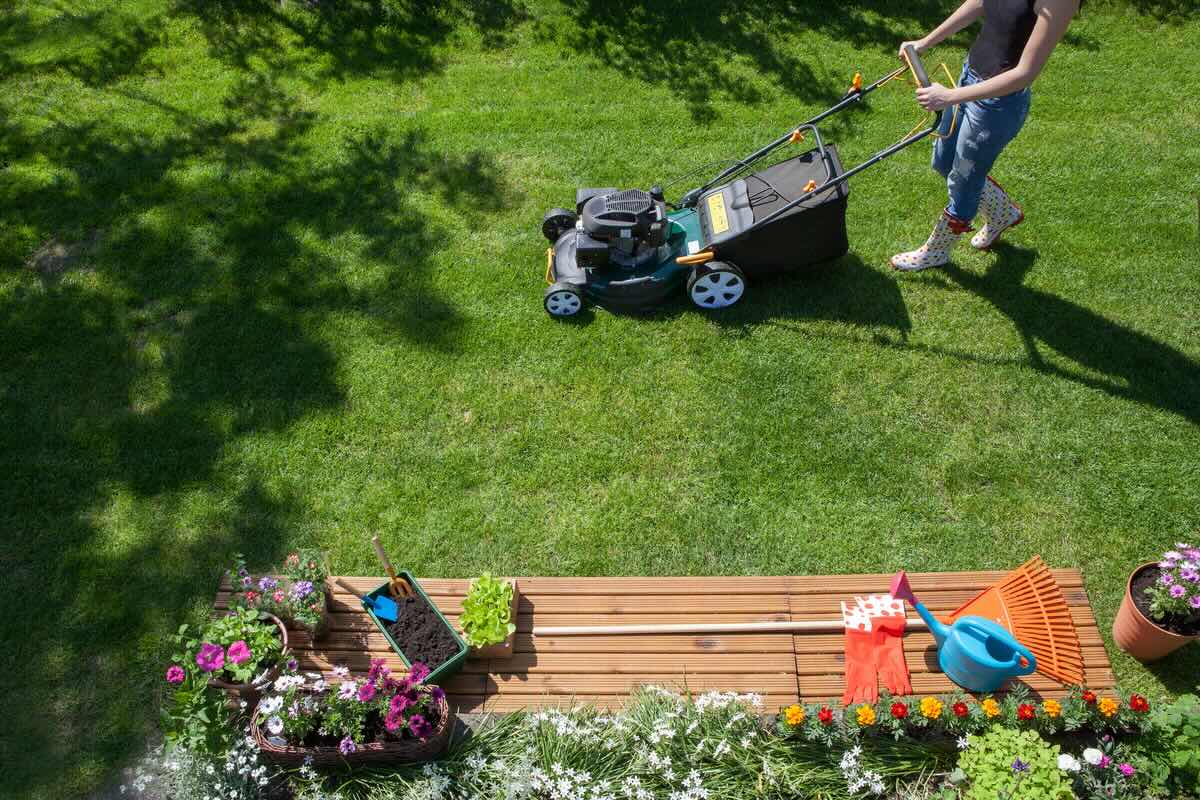

0 thoughts on “When To Seed Bermuda Grass In Arizona”